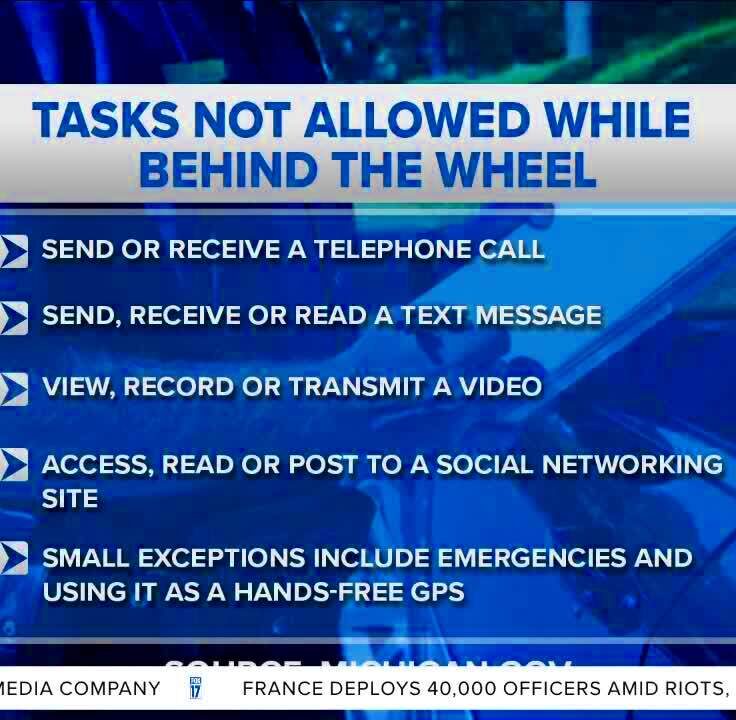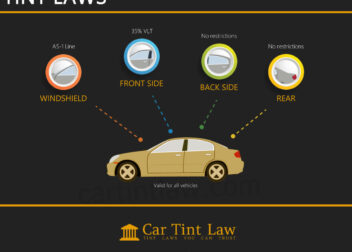Understanding Michigan’s New Drugged Driving Law
Michigan’s new drugged driving law marks a significant shift in how the state addresses impaired driving. This law aims to enhance road safety by establishing clear guidelines and penalties for drivers under the influence of drugs. With increasing concerns about drug-related accidents, it’s crucial for both drivers and law enforcement to understand these changes. This blog post will provide insights into what drugged driving means, the key changes introduced by the law, and how it affects everyone on the road.
Definition of Drugged Driving in Michigan
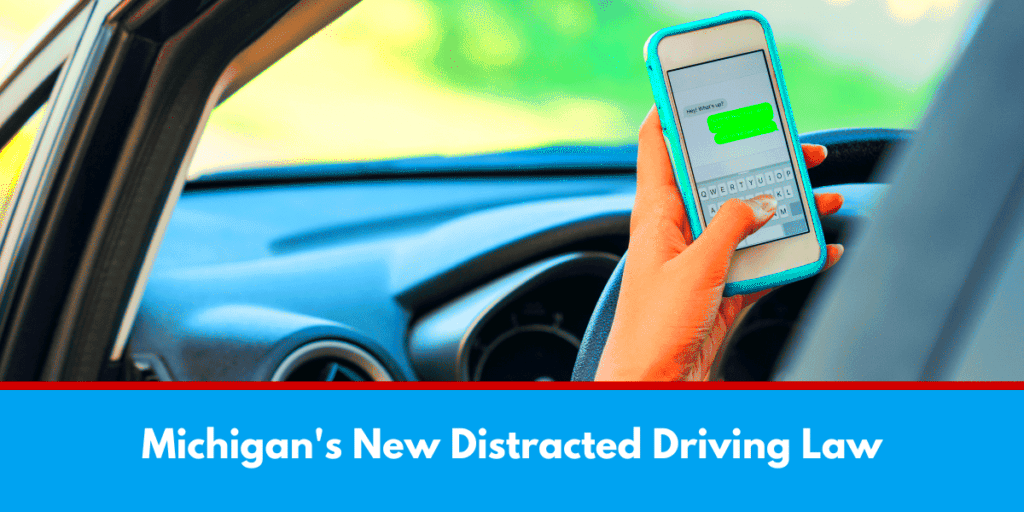
Drugged driving refers to operating a vehicle while impaired by drugs, which can include prescription medications, over-the-counter drugs, or illegal substances. In Michigan, a driver is considered drugged if:
- Their ability to drive is significantly affected by a substance.
- They have a certain level of controlled substances in their system.
This law recognizes that impairment can occur with many substances, not just alcohol. It focuses on the driver’s overall ability to operate a vehicle safely, emphasizing that even legal medications can lead to impairment.
Key Changes in the New Law
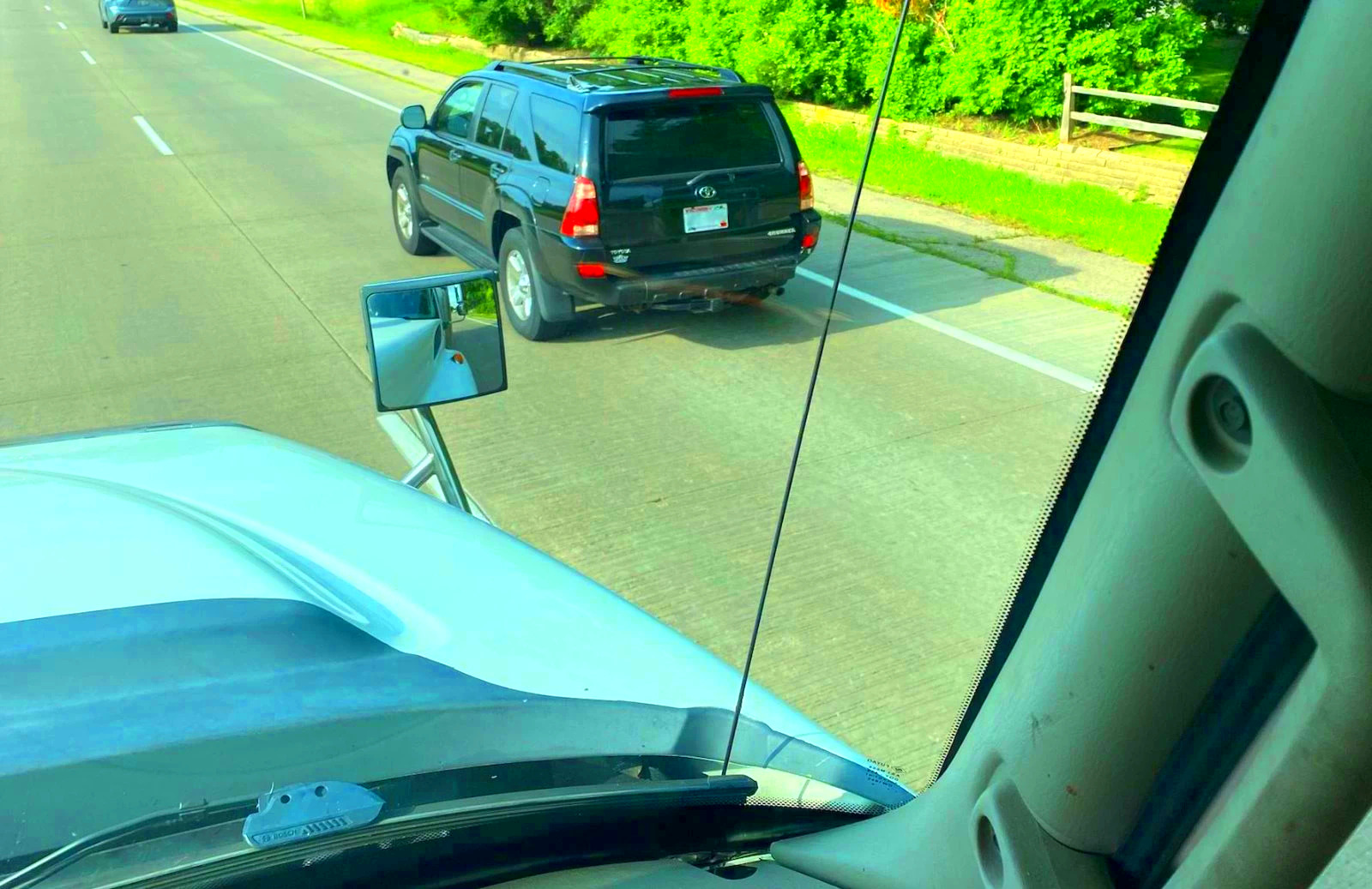
The new drugged driving law in Michigan introduces several important changes aimed at improving road safety:
- Clear Definitions: The law provides specific definitions of what constitutes drugged driving.
- Increased Penalties: Penalties for drugged driving have become stricter. First-time offenders may face fines, community service, or even jail time.
- Zero Tolerance for Minors: The law establishes a zero-tolerance policy for drivers under 21. Any detectable level of drugs can lead to penalties.
- Standardized Testing: Law enforcement will employ standardized tests for determining drug impairment, enhancing objectivity in assessments.
- Education Programs: Offenders may be required to attend drug education programs to better understand the dangers of drugged driving.
These changes aim to create a safer environment for all road users by ensuring that impaired drivers are held accountable for their actions.
Impact on Drivers and Penalties
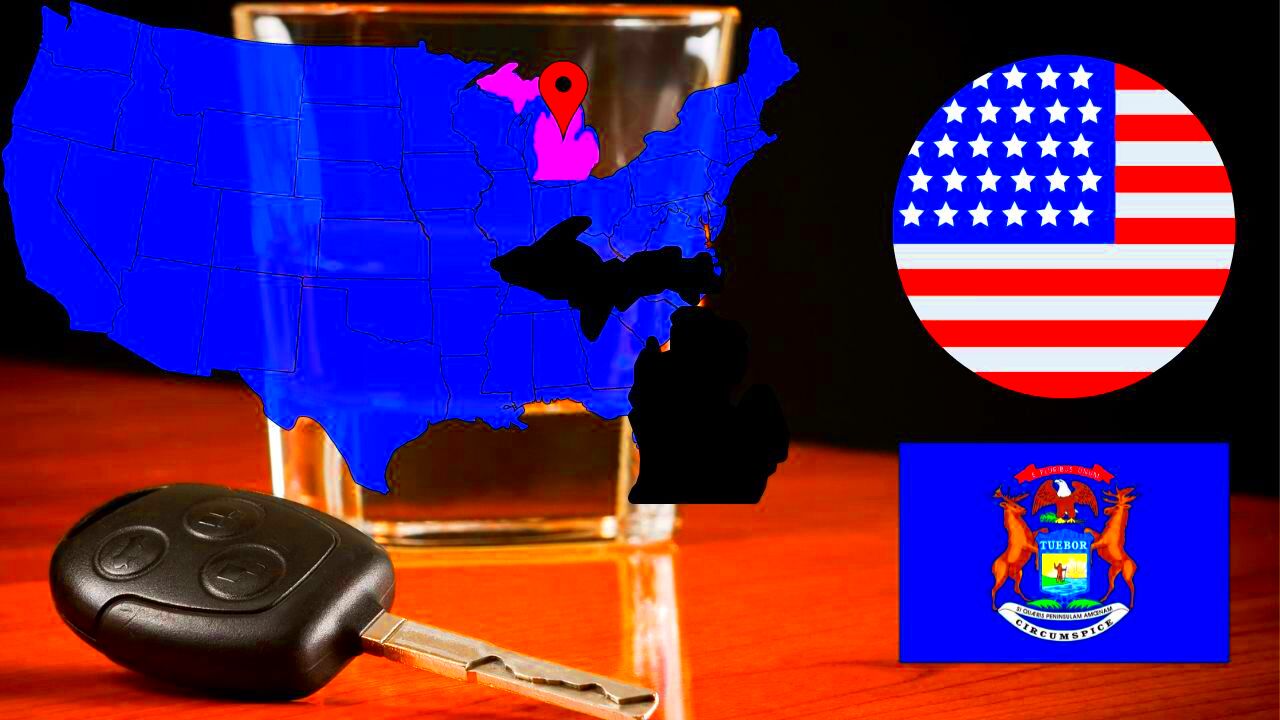
The new drugged driving law in Michigan has significant implications for drivers. With increased awareness and enforcement, the law aims to reduce the number of accidents caused by impaired driving. Understanding the potential penalties is crucial for every driver. Here’s what to expect:
- First Offense: A first-time conviction can result in fines up to $500, community service, and possible jail time.
- Subsequent Offenses: Penalties become more severe with repeat offenses. Drivers can face higher fines, longer jail sentences, and extended license suspensions.
- License Suspension: A drugged driving conviction may lead to a suspension of your driving privileges, making it harder to commute to work or manage daily activities.
- Increased Insurance Rates: A conviction can result in significantly higher insurance premiums, as insurers view drugged driving as a major risk factor.
- Public Record: A conviction will remain on your driving record, impacting future employment opportunities, especially in fields requiring driving.
Overall, the impact of this law underscores the seriousness of driving under the influence of drugs and the state’s commitment to keeping the roads safe.
Testing Methods for Drug Impairment
Testing for drug impairment is essential in enforcing Michigan’s new drugged driving law. Law enforcement agencies employ various methods to assess a driver’s ability to operate a vehicle safely. Here are the primary testing methods:
- Field Sobriety Tests (FSTs): Officers often start with standardized tests, including:
- The Horizontal Gaze Nystagmus (HGN) test.
- The Walk-and-Turn test.
- The One-Leg Stand test.
- Breath Tests: While breath tests are typically used for alcohol, they may be combined with drug tests for a more comprehensive assessment.
- Blood Tests: If impairment is suspected, law enforcement may request a blood sample to detect the presence of drugs. This method is often the most reliable.
- Urine Tests: Sometimes used to confirm the presence of drugs, though they can be less accurate in indicating current impairment.
These methods help ensure that drivers are held accountable for their actions, contributing to safer roads for everyone.
Defenses Against Drugged Driving Charges
Facing drugged driving charges can be daunting, but several defenses may help challenge these accusations. Understanding your rights and the legal options available can make a significant difference. Here are some common defenses:
- Lack of Impairment: If you can prove that you were not impaired at the time of driving, this can be a strong defense. For instance, if a test showed drugs but you were functioning normally, this may work in your favor.
- Improper Testing Procedures: If the law enforcement officers did not follow proper protocols when administering tests, the results may be deemed invalid.
- Medical Marijuana Use: If you are a medical marijuana patient, you may argue that you were using the substance legally and responsibly, particularly if it did not impair your driving.
- Prescription Medications: If you were taking prescribed medications and were unaware of their potential to impair your ability to drive, this could be a valid defense.
- Faulty Equipment: If the testing equipment used was not properly maintained or calibrated, the results could be challenged in court.
Consulting with a legal professional experienced in drugged driving cases can help you navigate these defenses and protect your rights.
Legal Rights of Drivers in Michigan
As a driver in Michigan, it’s essential to understand your legal rights, especially when it comes to drugged driving laws. Knowing these rights can help you navigate situations involving law enforcement and potential charges. Here are some key rights every driver should be aware of:
- Right to Remain Silent: You have the right to remain silent when questioned by law enforcement. It’s often best to answer basic questions without providing unnecessary information.
- Right to Refuse Testing: In Michigan, you can refuse to take a breath or blood test; however, refusal may result in automatic penalties, such as license suspension.
- Right to Legal Representation: You have the right to consult with a lawyer before answering any questions or taking tests. It’s wise to seek legal advice if you’re facing charges.
- Right to Contest Evidence: You can challenge the validity of the evidence against you, including the results of field sobriety tests and chemical tests.
- Right to Fair Treatment: Law enforcement must treat you fairly and without discrimination. Any evidence of misconduct can potentially impact your case.
Understanding these rights helps you make informed decisions if you find yourself in a difficult situation. Always remember that having legal representation can guide you through the complexities of drugged driving laws.
Resources for Legal Assistance
Finding the right legal assistance is crucial when dealing with drugged driving charges in Michigan. There are various resources available to help you navigate the legal landscape:
- Michigan Bar Association: The state bar offers a lawyer referral service that can connect you with qualified attorneys experienced in DUI and drugged driving cases.
- Local Legal Aid Organizations: Many communities have legal aid organizations that provide free or low-cost legal services to individuals facing financial hardships.
- Online Legal Directories: Websites like Avvo or FindLaw allow you to search for lawyers based on their specialties and read reviews from past clients.
- Local Law Firms: Many law firms offer free consultations for potential clients. This is an excellent opportunity to discuss your case and get advice without financial commitment.
- Support Groups: Organizations like Alcoholics Anonymous (AA) or Narcotics Anonymous (NA) can provide resources and support for those struggling with substance use.
Utilizing these resources can help you find the legal support you need to address drugged driving charges effectively.
Frequently Asked Questions
Many people have questions regarding Michigan’s drugged driving laws. Here are some of the most common inquiries and their answers:
- What constitutes drugged driving in Michigan?
Drugged driving involves operating a vehicle while impaired by drugs, including prescription medications and illegal substances. - What are the penalties for drugged driving?
Penalties can range from fines and community service to jail time, especially for repeat offenses. - Can I refuse to take a drug test?
You can refuse testing, but it may lead to automatic penalties, including license suspension. - How can I defend against drugged driving charges?
Defenses may include lack of impairment, improper testing procedures, or using prescribed medications legally. - Where can I find a lawyer for my case?
You can start by contacting the Michigan Bar Association or searching online legal directories.
These FAQs address common concerns and provide a clearer understanding of your rights and options. If you have specific questions or need further information, consulting a legal professional is always a good idea.
Conclusion and Final Thoughts
Understanding Michigan’s new drugged driving law is essential for all drivers. This law not only aims to enhance road safety but also clarifies the definitions, penalties, and testing methods associated with drugged driving. Knowing your legal rights can empower you to navigate any interactions with law enforcement confidently. If you ever find yourself facing charges, various resources are available to help you find the right legal assistance. Staying informed about your rights and the laws in place can significantly impact your driving experience and safety on the road. Always prioritize safety and responsibility to help create a safer driving environment for everyone.
